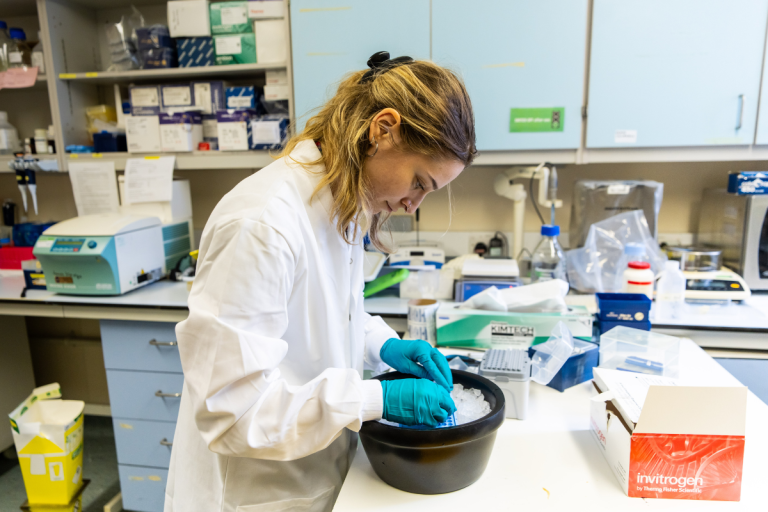Top Tips to Reduce your Risk of Dementia
Dementia is not a normal part of ageing and, whilst it is a common part of many older persons lives, it is not a certainty in old age. Dementia is a disease and, as with all diseases, prevention where possible is always recommended. Numerous studies have found that a range of lifestyle choices can significantly reduce the risk of developing dementia. It’s never too late to reduce your risk, or too early!
Here are the recommended lifestyle choices to help reduce your risk of developing dementia.
Activity and exercise
Activity and exercise are crucial to reducing the risk of dementia as it increases blood flow to the brain, delivering oxygen and nutrients to brain cells which help to build new connections and cell structures.
Committing to regular exercise and activity is an effective strategy for preserving brain function and delaying cognitive problems.
Make sure you are regularly moving, in planned and repeated activities, such as gardening, walking, taking the stairs etc. You should be able to talk as you do this, but you may be slightly breathless.
In addition to regularly moving, take part in aerobic exercise for at least 15 minutes, three times a week. The exercise should work your body and heart more rigorously than your repeated activities; examples include jogging, swimming and playing tennis.
It’s never too late to start! Studies have found 65-79-year olds who take part in twice weekly physical activity, during their leisure time, reduced their dementia risk by up to 52%!
Diet
A healthy diet supports a healthy brain and in turn reduces the risk of dementia. A healthy diet should include lots of vegetables, legumes (e.g peas and lentils), fruit, cereals, nuts, fish and a relatively low intake of dairy and meat.
Additionally, it is important to ensure adequate intake of unsaturated fatty acids- omega 3 & 6 which can be found in high quantities in oily fish, some nuts and seeds, and vegetable oils.
Omega 3 & 6 can protect against inflammation in the body and some studies have shown it also reduces the accumulation of the protein amyloid. A build-up of amyloid is found in people with Alzheimer’s Disease.
Alcohol and smoking
A lot of attention has been given to alcohol and its detrimental affect on the liver; however alcohol is also very damaging for the brain when consumed in excess. To protect the brain from potential damage, it is best to drink alcohol in moderation. The NHS guidelines state no more than 14 units of alcohol per week, which is equivalent to 6 pints of beer or 7 glasses of wine a week.
Smoking has many negative impacts on the body and brain health is also affected . To reduce your risk of dementia, quit smoking. It is never too late to quit; your GP can offer support and services to help you stop smoking.
Mental activity and social engagement
Research suggests regular participation in different stimulating activities is linked to a lower risk of dementia. Taking part in different activities and hobbies, especially ones you enjoy, is a great way to look after your brain health.
When we engage in a new activity, new areas of the brain are encouraged to connect.
Becoming an expert in just one task is not an ideal strategy for developing cognitive (brain) reserve; instead find new activities that challenge you. The more challenging the activity the more the brain is being used!
Challenging activities include chess, learning a new language, learning an instrument and reading different genre of books.
Commit to Regular Health Reviews
NHS advice is to have a health check every 5 years if you’re aged between 40 to 74 years old. Regular checks to blood pressure and cholesterol will are helpful measures for overall health and wellbeing.
Committing to regular health checks, will help inform your lifestyle choices over time and let you decide if they need to be changed to help decrease the risk of dementia.
Written by BRACE's first Dementia Research Nurse.
Share this page




